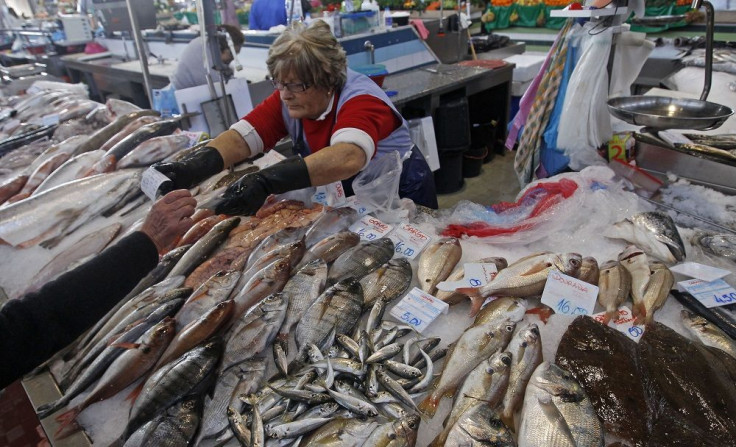Aussie café asks diners not to pay with cash kept inside underwear

It’s not only elderly rural Asian women who keep their bills inside their underwear. It turns out that some urban Australians also do that.
Mashable reports that Corey Weekes, co-owner of the Fascine Coffee Lounge in Carnarvon, Western Australia, posted a sign in the store requesting customers not to pay them money stashed inside their upper or lower undergarments.
He made the sign after receiving feedback from the lounge’s staff about the unsanitary practice. The sign reads: “We Do Not Accept $$$$ From BRAS OR UNDERPANTS.”
Weekes clarifies that majority of their patrons pay for their coffee with paper money that comes from their wallets, bags or pockets. But at least once a month, a customer settles his or her bill coming from private body parts of the customer.
What worsens the situation for the café staff is that WA is so hot and humid in summer compared to other Australian states in the east that the money is often mixed with customer’s sweat. He adds that customers who do that are not swimmers from the nearby beach whose cash was wet from the salty water; rather it comes from salty body fluids of lounge guests who come in fully clothed.
He acknowledges that paper bills or coins are dirty because it is handled by so many people while doing commercial transactions, but Weekes stresses, “It’s just something that’s not nice to deal with when you are working.”
Since the sign has been in the store for weeks, it was the subject of a radio talk show in the area. One female caller explains that most women’s clothing do not have pockets. She agrees that money contains bacteria, “but I don’t think being in a sweaty hand or being in a sweaty bra, doesn’t make any difference.”
In an analysis of 68 old worn paper bills made by researchers from the Wright Patterson Medical Center in Dayton, Ohio, it found that five of the bills had bacteria that could cause infection in healthy people. Another 59 pieces or 87 percent of the money contained bacteria that could infect anyone with a compromised immune system such as cancer or HIV patients, reports ABC.
Contact the writer at feedback@ibtimes.com.au or tell us what you think below




















